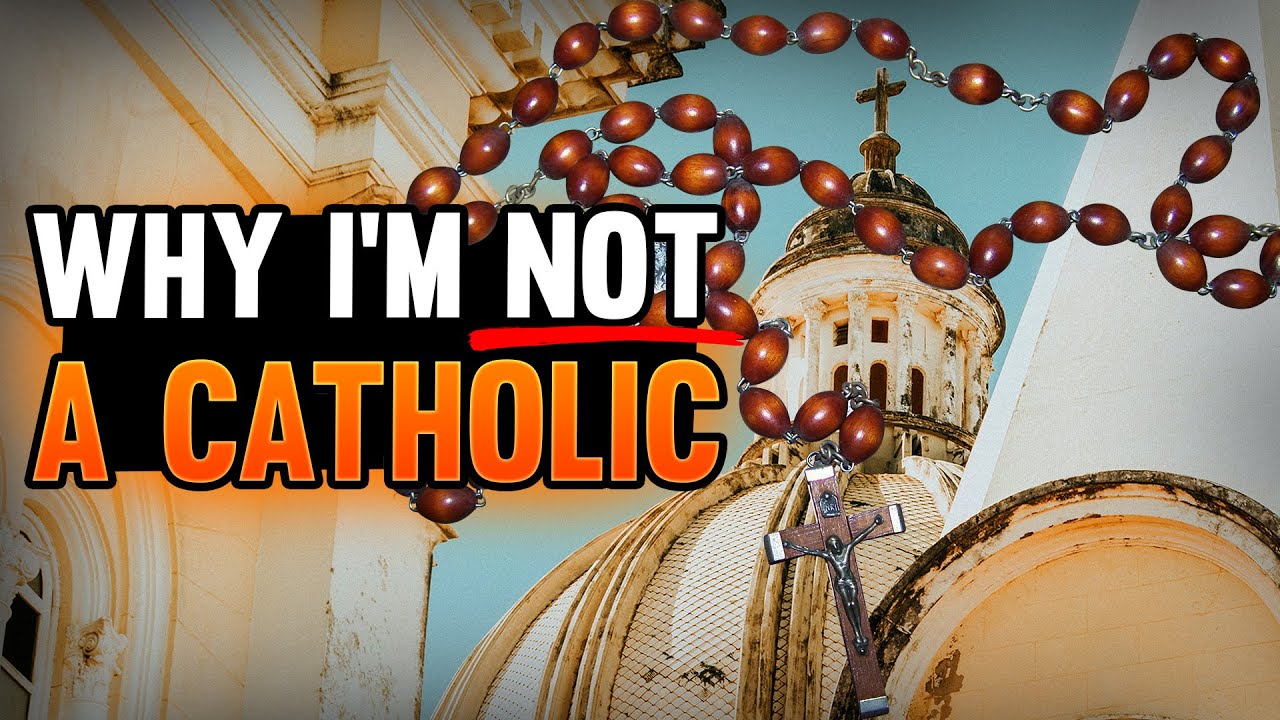Where to START when reading the Bible...
Summary
TLDRThis video script addresses the challenge of engaging with the Bible outside of church settings. It guides viewers on how to approach reading the Bible by explaining its structure, divided into the Old and New Testaments, each with distinct categories like Law, Historical Books, Poetry, Major and Minor Prophets, and more. The script emphasizes the importance of understanding the Bible's timeline and the overarching narrative of God's relationship with humanity, culminating in Jesus Christ. It encourages viewers to read the Bible with a broader perspective, starting with the Gospels, and to grow closer to God through sincere study and prayer.
Takeaways
- 📜 The Bible is divided into the Old Testament with 39 books and the New Testament with 27 books, totaling 66 books.
- 📖 The Old Testament is categorized into the Law, Historical Books, Poetry and Wisdom Books, Major Prophets, and Minor Prophets.
- 🎶 The Poetry and Wisdom Books, including Job, Psalms, Proverbs, Ecclesiastes, and Song of Solomon, are written in a different style with metaphors and are considered parenthetical.
- 📚 The Major and Minor Prophets, such as Isaiah, Jeremiah, Ezekiel, Daniel, and Hosea to Malachi, are also parenthetical and were characters during the historical timeline.
- 🕊 There's a 400-year period of silence between the Old and New Testaments where God did not communicate through prophets.
- 🌟 The New Testament starts with the Gospels, which are biographies of Jesus from different perspectives by Matthew, Mark, Luke, and John.
- 🔗 The Book of Acts is a historical account of the early church's growth, written by Luke, and is considered a sequel to his Gospel.
- 💌 Paul's letters, or the Pauline epistles, are a collection of letters written by Paul to various early Christian churches, providing encouragement and guidance.
- 📧 The General Epistles include letters from Hebrews to Jude, written by various authors, with some uncertainty about the authorship of Hebrews.
- 🔮 Revelation is a unique category, detailing the end times, Jesus's second coming, and the final prophecy given by God.
- 🙏 Reading the Bible with an understanding of its structure and categorization can enhance comprehension and deepen the relationship with God.
Q & A
Why can reading the Bible be challenging for some people?
-Reading the Bible can be challenging because it's a large text with different books, chapters, and verses, and it may not be clear where to start or how to understand certain passages.
What are the two main ways to grow closer to God according to the video?
-The two main ways to grow closer to God are by reading God's Word correctly and through sincere prayer.
How many books are in the Old Testament and the New Testament combined?
-There are 39 books in the Old Testament and 27 in the New Testament, making a total of 66 books.
What are the five books written by Moses called?
-The five books written by Moses are called the Law, also known as the Torah or the Pentateuch.
What is the purpose of the historical books in the Bible?
-The historical books in the Bible recount the history of Israel as a nation, including the leadership and the people's adherence or rebellion against God.
How does the style of writing in the poetry and wisdom books differ from the law and historical books?
-The poetry and wisdom books use metaphors and flowery language to teach themes like wisdom, life, suffering, and love, whereas the law and historical books are more narrative with a focus on historical accounts.
Who are the major prophets in the Old Testament?
-The major prophets in the Old Testament are Isaiah, Jeremiah, Ezekiel, and Daniel.
What is the significance of the 400-year silence before the New Testament?
-The 400-year silence, or period without prophetic revelation, signifies a time when God did not communicate with his people through prophets or special revelation before the New Testament era began.
What is the first category of books in the New Testament?
-The first category of books in the New Testament is the Gospels, which include Matthew, Mark, Luke, and John.
Why are the Gospels considered parenthetical in the timeline of the Bible?
-The Gospels are considered parenthetical because they overlap in time and recount the life of Jesus from different perspectives, which is set within the broader timeline of the Bible's historical narrative.
What does the book of Revelation focus on?
-The book of Revelation focuses on the end times, prophesying events leading to the end of the world and the second coming of Jesus as a reigning king.
How does the video suggest one should approach reading the Bible?
-The video suggests that one should approach reading the Bible by understanding the context and categories of the books, starting with the table of contents, and considering the overarching themes and messages.
Outlines

This section is available to paid users only. Please upgrade to access this part.
Upgrade NowMindmap

This section is available to paid users only. Please upgrade to access this part.
Upgrade NowKeywords

This section is available to paid users only. Please upgrade to access this part.
Upgrade NowHighlights

This section is available to paid users only. Please upgrade to access this part.
Upgrade NowTranscripts

This section is available to paid users only. Please upgrade to access this part.
Upgrade NowBrowse More Related Video
5.0 / 5 (0 votes)





